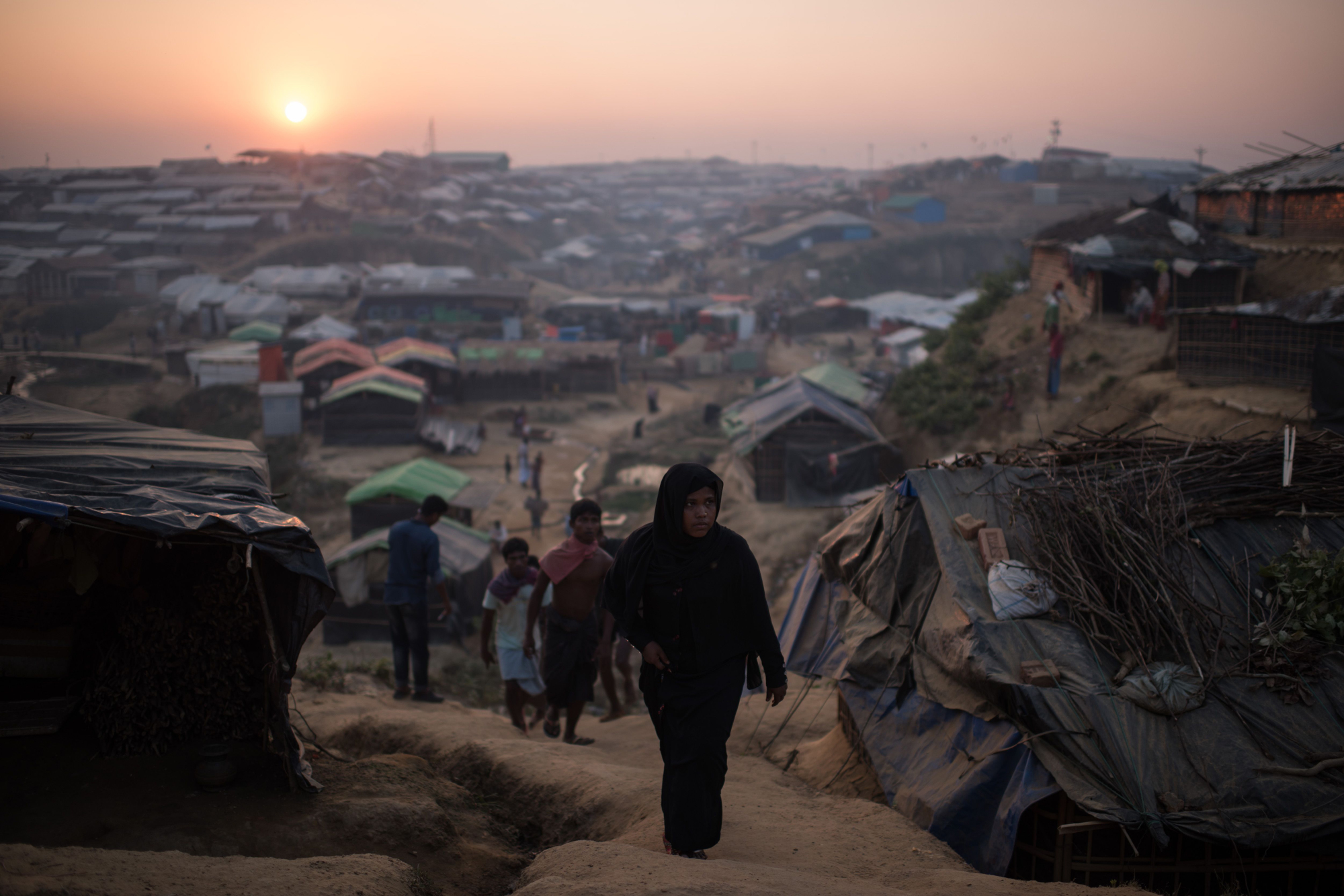In Myanmar, one of the world's most diverse, multiethnic nations, there is a rare consensus — the much-persecuted Rohingya Muslims are outsiders and not part of the country. A military operation to flush out Rohingya militants waging a hit-and-run campaign has led to an exodus of Rohingya residents from Rakhine state, creating a refugee crisis for Bangladesh and, to a smaller extent, India.
India, over the years, has generously admitted asylum seekers or refugees from a host of places, including Tibet, Afghanistan, Iran, Pakistan, Sri Lanka, Myanmar and China. But the illegal entry of tens of thousands of Rohingya is seen in India as an internal security challenge, in part because of the threat the Indian government perceives from Rohingya jihadist activities. Rohingya militants have a long history of violent jihadism, including recent attacks on non-Muslim civilians in Rakhine state.
The current international narrative on the Rohingya plight has actually failed to recognize the roots of the present crisis. Contrary to the perception that the Rohingya militancy has arisen from military repression in recent years, Myanmar's jihad scourge is decades old, with Rohingya Islamist violence beginning even before Myanmar gained independence in 1948.



